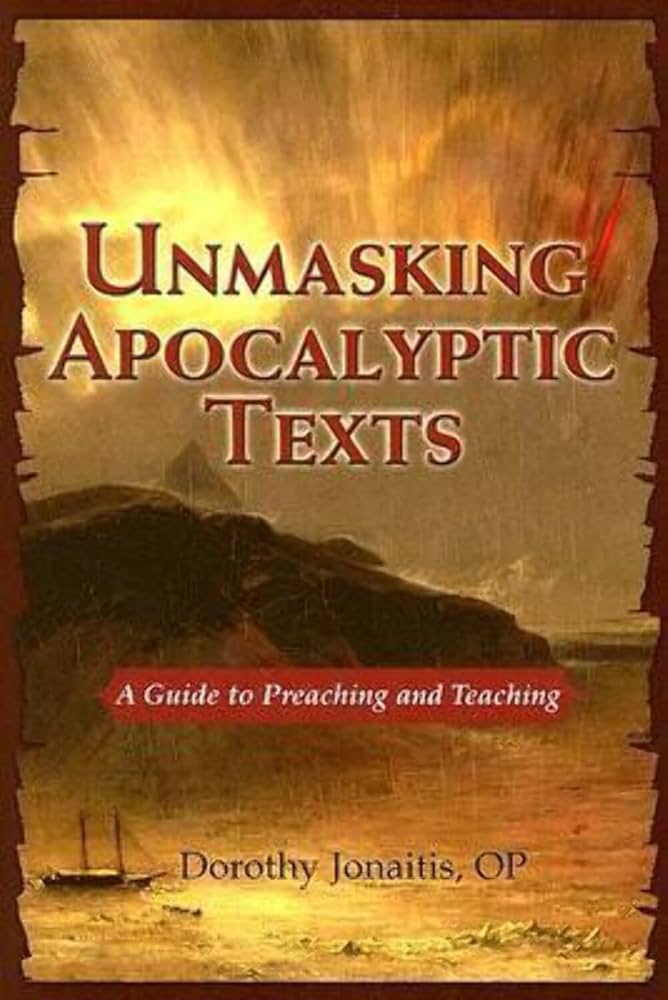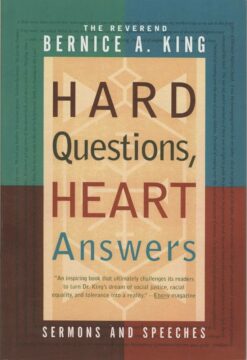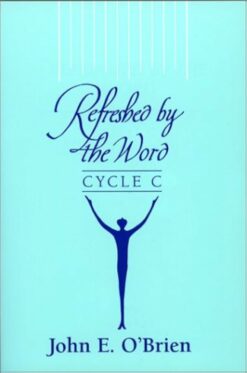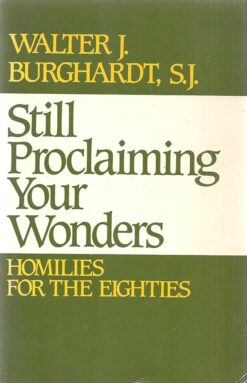The term apocalypse―whether apocalyptic texts, homiletics or events―conjures up an image of dread, dealing as it does with end times and God’s final judgment. Departing from traditional interpretation, this work explicates biblical apocalyptic texts of the Old (Isaiah, Ezekiel, Zechariah, Daniel) and New (Thessalonians 1 and 2, Synoptic Gospels, Book of Revelation) Testaments as a literature of hope. To this end, the central part of the book is given over to the active and divinely implanted virtue of hope to show how it works, together with the creative imagination, as the author affirms, to evoke our action and resoluteness in critical times, and allow us to live with the expectation that all can be well. The author constructs a crisis model, applying it to understand crisis in general as well as to the teaching and preaching of apocalyptic literature, and the listening faith community. The interrelationship of apocalyptic and dramatic literature, with its strong emotional content, is stressed. Thoughtful consideration is given to apocalyptic readings of contemporary crises, such as 9/11, the Aids pandemic, and environmental, political, social, and military abuses. With glossary, appendix of apocalyptic readings, endnotes, and bibliography at book’s end, Unmasking Apocalyptic Texts should benefit general readers, and particularly specialist readers, homilists, teachers and students of homiletics and scripture, from adult religious education, and upwards. Highlights: ―timely, thought-provoking, practical, and uplifting ―a Christian way to live in hope in critical times †
Unmasking Apocalyptic Texts
€17.45
In stock








